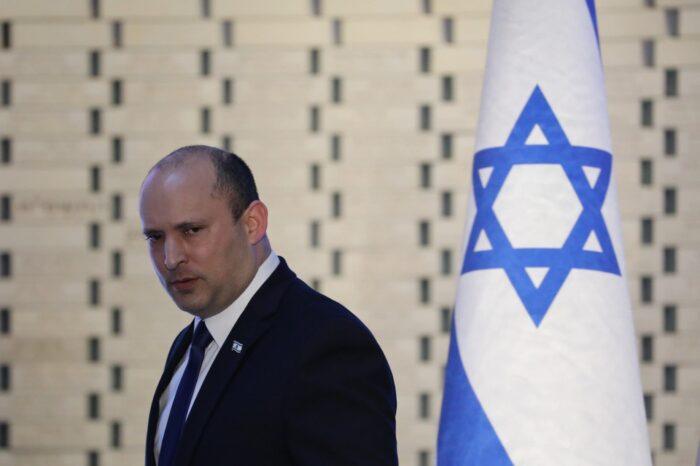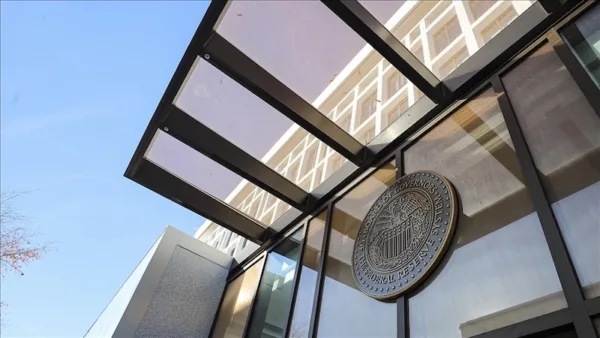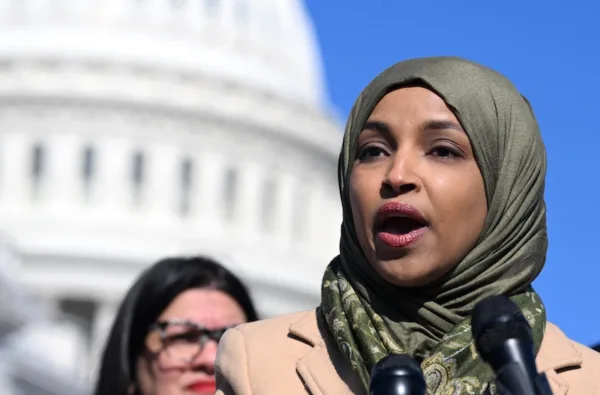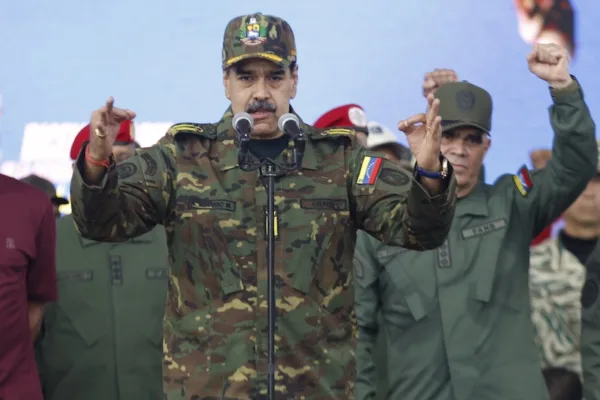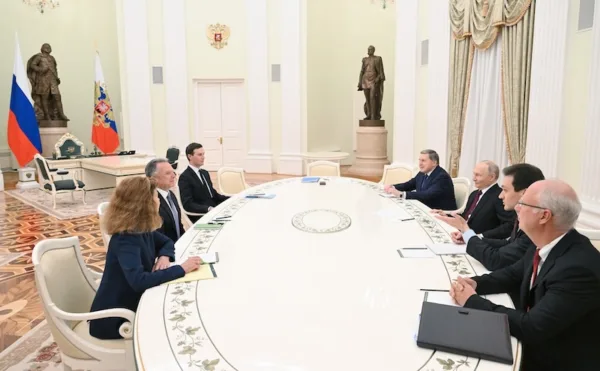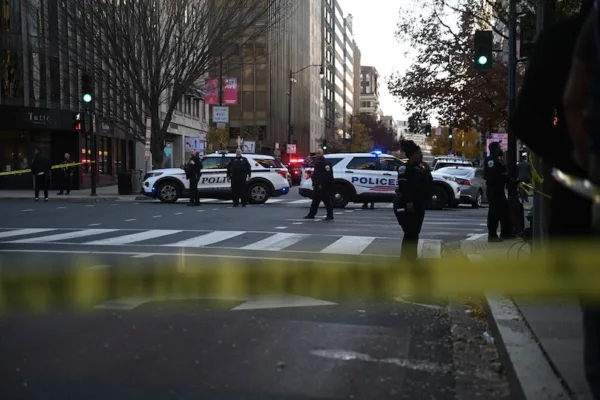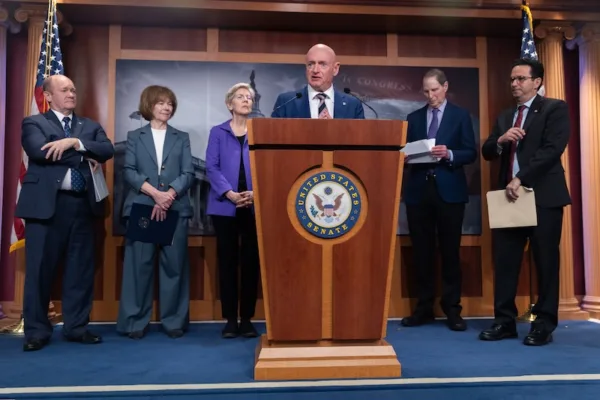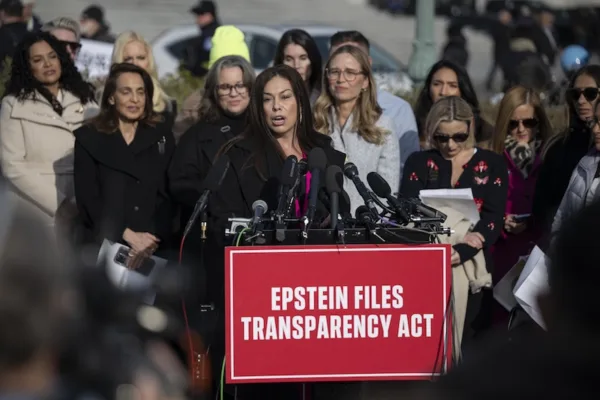The Presidential Candidates and the US’s Image Around the World
In the U.S.’s presidential race, candidates are creating a sense of deja vu with their anti-immigration and anti-Muslim rhetoric, which unfolds the state’s chronic domestic problem of discriminations.
Just before the beginning of the election campaigns among the Republican and Democratic hopefuls, in this column I wrote a piece about the possible implications the primaries and election campaigns will have on the U.S.’s image around the world. That piece argued that the rhetoric and tactics of the presidential candidates could generate a negative impact on the way the world sees the U.S. and its global standing. This was something that became very obvious in the previous couple of election seasons when the debates and discourse of the presidential candidates started to be followed by millions of people around the world through television and social media. Some irresponsible statements by some of these candidates generated an extremely negative image of the United States. Although those candidates did not win the primaries, the political rhetoric and position of those candidates, who received millions of votes around the U.S., damaged the image of U.S. policy makers. People around the world were surprised to see the anti-Muslim and anti-immigrant statements from senior politicians who were running for the presidency.
During the last election there were some candidates who endorsed waterboarding as a possible method for interrogation in the U.S. Some others put forward more discriminatory statements about the Muslims in the U.S. There were some who came up with the idea of getting Muslims to take another oath of loyalty if they were to be hired by the federal government. Some other candidates put forward plans to adopt profiling young Muslims in the U.S. in order to fight terrorism. More than these arguments, the fact that they were expressed openly by presidential candidates was worrisome.
Even though there is still more than one year until the election in the U.S., the anti-immigration and anti-Muslim rhetoric coming from the presidential candidates has already begun to create a sense of déjà vu. The frontrunner in the Republican primary, Donald Trump, has already used many different offensive words to describe the Mexicans in the U.S. In one of his campaign speeches he said, “They’re bringing drugs. They’re bringing crime. They’re rapists. And some, I assume are good people.” While the public was discussing this controversial statement, other presidential candidates were trying to pick up the flag from the heightened threshold of anti-immigrant rhetoric. Governor Chris Christie for example came up with the idea of tracking immigrants who overstay their visas like FedEx packages. In a campaign rally he said, “I’m going to have Fred Smith, the founder of FedEx, come to work for the government for three months. Just come for three months to Immigration and Customs Enforcement and show these people.” With the race starting to heat up with the approaching of the key caucuses and primaries, the tone of the candidates on these issues is escalating. The candidates are almost competing with one another in order to come up with a most aggressive discourse on these matters.
Of course, just like the previous campaigns, anti-Muslim rhetoric is being used by some of the candidates in this election season. In this campaign, the opening salvos started with one of the candidates claiming that in European Muslims formed “no-go-zones” in which people belonging to other faiths could not enter. Another candidate managed to link the situation of Syrian refugees to the “spread of Islam.” He said, “There are serious questions here about Islam and the spread of Islam and how it spreads and, again, because the administration refuses to acknowledge that Islam has anything to do with anything, we can’t even have a discussion about why we’re taking only Muslims here in the United States.”
All this rhetoric might be considered part of an election campaign that will not have much of an impact on the policies of the elected president. However, the tone and rhetoric being used is starting to have repercussions around the world and they are making the new president’s job more difficult in forming ties with different states and societies. Such discourse also significantly influences the U.S.’s standing around the world and its image among the international community. And finally, by making it more mainstream in every election, the proponents of these ideas are also throwing the seeds of major domestic problems in American society. Before it is too late, the presidential candidates need to understand that what they are saying has a broader audience than their narrow bases among the U.S. electorate. They have to start acting responsibly.
This article was first published in the Daily Sabah on September 21, 2015.


